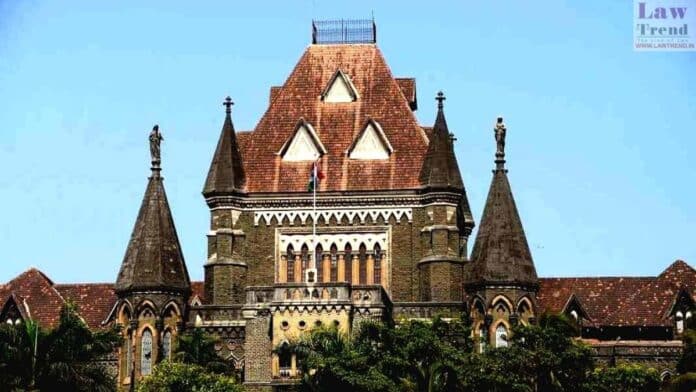The Bombay High Court on Tuesday rejected a petition filed by 154 students against the process of normalisation of marks adopted by the Maharashtra government’s Common Entrance Test (CET) Cell for admission to MBA course 2023.
A division bench of Justices Gautam Patel and Neela Gokhale termed the plea as “without substance”, and said that out of more than one lakh students who appeared for the examination, only the petitioners have raised objections.
“The 154 petitioners here do not represent the over one lakh students who appeared for the exams. It is also indeed telling that all the complaints made in the petition have been made only after the exams were held and the results were declared,” the court said.

The court further said that it was refraining from imposing cost only because the petitioners are students.
The bench noted that the petitioners have sought for the CET to be conducted again.
“No thought is spared to hundreds of thousands of others who gave the entrance exam. The petitioners do not represent all candidates, yet we are expected that all those persons suffer at the instance of present disgruntled persons without being given the slightest opportunity of being heard to the others,” the court said.
The order was passed on a plea filed by the 154 students raising objections to the normalisation of marks process adopted by the CET cell after it conducted a re-test for some students.
The petitioners’ advocates S B Talekar and Madhavi Ayyappan had argued that the postgraduate management admission process in the state is “vitiated due to lack of transparency and fairness in the manner of conducting”.
As per the plea, the CET exams were held in four slots comprising 30,000 students each on March 25 and 26, this year.
However, students appearing for the exam in the first slot encountered some technical glitches and some were given additional time.
Following complaints, the CET cell held a re-examination, which was mandatory for students who got additional time and optional for those who felt they faced technical difficulties.
Advocate General Birendra Saraf, representing the state government, opposed the plea and submitted that the schedule for the test was declared in February and more than 1 lakh candidates were divided into four batches with separate exams to be conducted for them.
Of the total 11,562 students who appeared for the re-examination on May 6, more than 70 were the present petitioners. There was a separate percentile score for the batch concerned, and they were considered a “separate pool”, he said.
Also Read
Talekar claimed that the normalisation process was flawed, as there had to be an equal number of students in every batch.
The bench in its order, however, noted that “nothing was shown to indicate the normalisation process was unfair”.
“For security reasons, each slot is given a different question paper. Not all papers are on the same level of difficulty hence, it necessitates the normalisation process,” the court said.
It noted that the courts in India usually avoid interfering in matters related to public exams and admission processes and respect the autonomy of the authorities.







